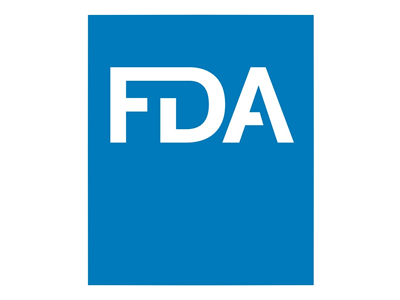FDA approves axicabtagene ciloleucel for second-line treatment of large B-cell lymphoma

On April 1, 2022, the Food and Drug Administration approved axicabtagene ciloleucel (Yescarta, Kite Pharma, Inc.) for adult patients with large B-cell lymphoma (LBCL) that is refractory to first-line chemoimmunotherapy or relapses within 12 months of first-line chemoimmunotherapy. It is not indicated for the treatment of patients with primary central nervous system lymphoma.
Approval was based on ZUMA-7, a randomized, open-label, multicenter trial in adult patients with primary refractory LBCL or relapse within 12 months following completion of first-line therapy. Patients had not yet received treatment for relapsed or refractory lymphoma and were potential candidates for autologous hematopoietic stem cell transplantation (HSCT). A total of 359 patients were randomized 1:1 to receive a single infusion of axicabtagene ciloleucel following fludarabine and cyclophosphamide lymphodepleting chemotherapy or to receive second-line standard therapy, consisting of 2 or 3 cycles of chemoimmunotherapy followed by high-dose therapy and autologous HSCT in patients who attained complete remission or partial remission.
The primary efficacy measure was event-free survival (EFS) determined by an independent review committee (IRC). EFS was significantly longer in the axicabtagene ciloleucel arm with a hazard ratio of 0.40 (95% CI: 0.31, 0.51; stratified p-value <0.0001). The estimated 18-month EFS rate was 41.5% (95% CI: 34.2, 48.6) in the axicabtagene ciloleucel arm and 17.0% (95% CI: 11.8, 23.0) in the standard therapy arm. The estimated median EFS was 8.3 months (95% CI: 4.5, 15.8) and 2.0 months (95% CI: 1.6, 2.8), respectively. Of patients randomized to receive standard therapy, 35% received on-protocol autologous HSCT; lack of response to chemotherapy was the most common reason for not receiving HSCT. The IRC-assessed best objective response rate was statistically significantly higher in the axicabtagene ciloleucel arm compared to the standard therapy arm: 83% (95% CI: 77, 88) vs. 50% (95% CI: 43, 58), respectively.
The prescribing information for axicabtagene ciloleucel has a boxed warning for cytokine release syndrome (CRS) and neurologic toxicities. In studies of axicabtagene ciloleucel in patients with non-Hodgkin lymphoma, CRS occurred in 90% (Grade ≥3, 9%) and neurologic toxicities occurred in 78% (Grade ≥3, 25%). The most common non-laboratory adverse reactions (incidence ≥30%) are CRS, fever, hypotension, encephalopathy, fatigue, tachycardia, headache, nausea, febrile neutropenia, diarrhea, musculoskeletal pain, infections with pathogen unspecified, chills, and decreased appetite.
The recommended axicabtagene ciloleucel dose is 2 x 106 chimeric antigen receptor (CAR)-positive viable T cells per kg of body weight, with a maximum of 2 x 108 CAR-positive viable T cells.
View full prescribing information for Yescarta.
This review used the Assessment Aid, a voluntary submission from the applicant to facilitate the FDA’s assessment.
This application was granted priority review, breakthrough therapy designation, and orphan drug designation. A description of FDA expedited programs is in the Guidance for Industry: Expedited Programs for Serious Conditions-Drugs and Biologics.
Healthcare professionals should report all serious adverse events suspected to be associated with the use of any medicine and device to FDA’s MedWatch Reporting System or by calling 1-800-FDA-1088.
For assistance with single-patient INDs for investigational oncology products, healthcare professionals may contact OCE’s Project Facilitate at 240-402-0004 or email OncProjectFacilitate@fda.hhs.gov.

